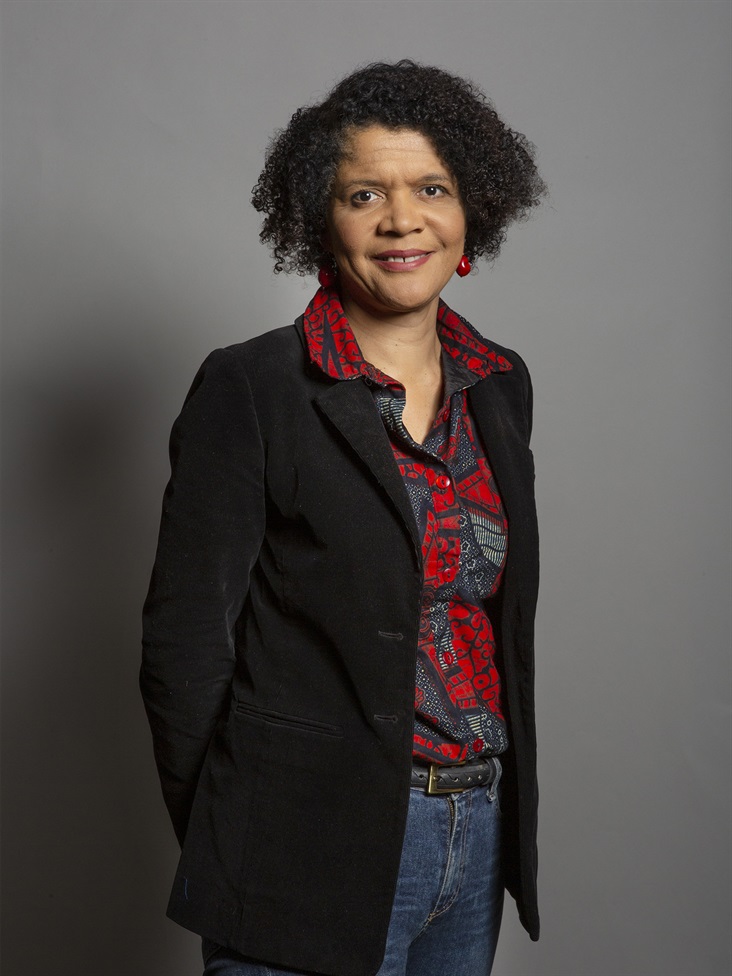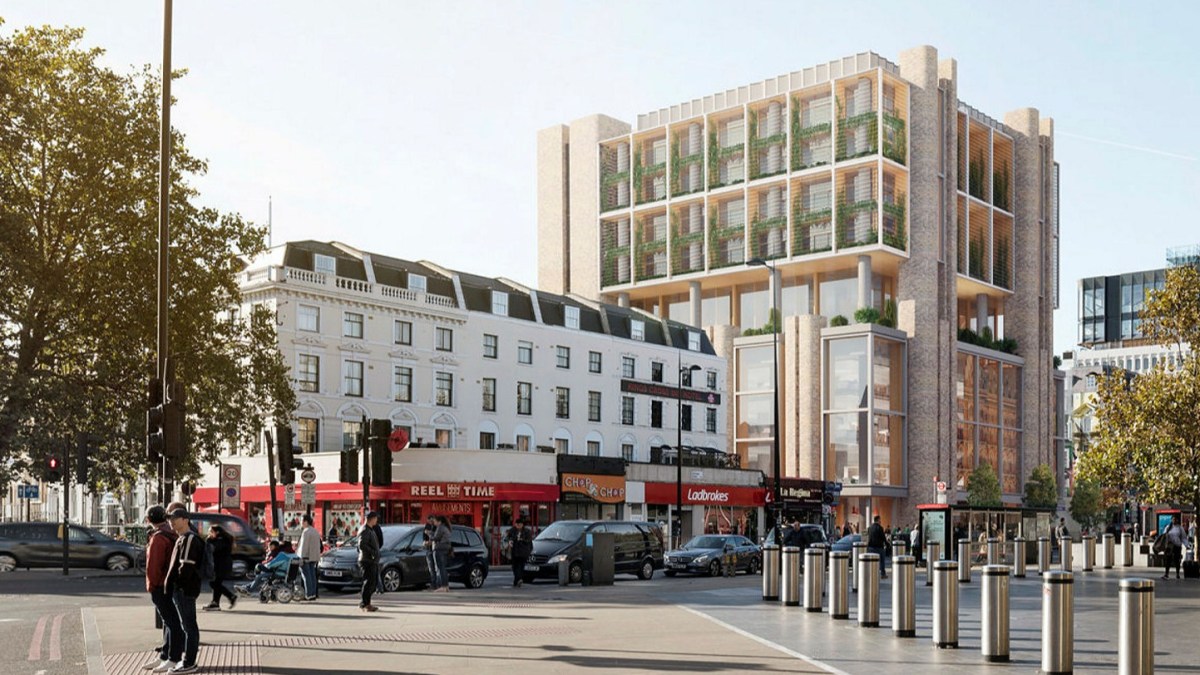The government has been warned that big pharma companies are withholding investment in the UK after Merck scrapped a £1 billion London research centre — a move that prompted questions in both houses of parliament on Thursday and a select committee to call an urgent session for next week.
The US drug company, known as MSD in Europe, pulled its plan to open a new 25,000 sq ft headquarters in the Knowledge Quarter near King’s Cross on Wednesday. The building is in late-stage construction and was expected to open its doors in 2027.
Merck, which also plans to discontinue its discovery research operations in the UK, with the loss of 125 employees, blamed the decision on the lack of “meaningful progress towards addressing the lack of investment in the life science industry and the overall undervaluation of innovative medicines and vaccines by successive UK governments”.

Richard Torbett warned the decision could be “the canary in the coalmine”
LINKEDIN.COM
Richard Torbett, the chief executive of the Association of the British Pharmaceutical Industry, whose members include Merck, warned that the “decision could be the canary in the coalmine. We know other companies are taking a hard look at their UK investments and future product launch pipeline”.
Julia Lopez, the shadow science, innovation and technology secretary, said in an urgent Commons question that the “government must wake up’, and called Merck’s decision “a klaxon sounding across Whitehall”.
Professor Sir John Bell, a senior industry figure who has advised governments on life sciences, told the Today programme on BBC Radio 4 that he had spoken to several big pharma bosses in the past six months “and they’re all in the same space — and that is they’re not going to do any more investing in the UK”.
Merck’s decision prompted Dame Chi Onwurah, chairwoman of the science, innovation and technology committee, to announce an urgent session on Tuesday. Merck and the government are expected to be called upon to give evidence.

Dame Chi Onwurah has called a session of her committee
UK PARLIAMENT
In the Lords, in response to another urgent question on Merck’s decision, Lord Vallance of Balham, the science minister and a former senior executive at GSK, said the company continued to employ more than 1,600 people in the UK and that the decision reflected a “broader effort to optimise its resources. They announced in July that they would cut $3 billion per year by 2027 and 6,000 jobs would go worldwide.”
Vallance, who called together cross-government officials on Wednesday, cited large investments by Moderna and BioNTech in the UK and said the government’s plan for the sector under its recent industrial strategy had been welcomed, but conceded “we do know that as part of that the commercial environment for medicines in the UK needs to be improved”.
Talks between the government and industry over reforming a contentious NHS drug-pricing scheme collapsed last month. Vallance said a deal was now “complicated” by the prospect of tariffs from the US.
Torbett urged the government to get “back round the table with industry to find a way to reduce claw back rates to internationally competitive levels, improving the way Nice [the National Institute for Health and Care Excellence] values new medicines and charting a clear path to increase investment in medicines by 2030”.
Eli Lilly, another of the world’s biggest drug companies, recently paused part of a planned investment in a Lilly Gateway Labs biotech innovation accelerator hub in London while it waits “for more clarity on the UK environment”.
In January AstraZeneca, Britain’s most valuable public company, scrapped plans for a £450 million investment in its vaccines site in the Liverpool suburb of Speke, blaming delays and cuts in government support.
Merck is understood to have notified Sir Keir Starmer, whose constituency includes the research site, of its decision in a letter on Monday.
Rachel Reeves, the chancellor, is also understood to have held a meeting with the US ambassador on Sunday, before President Trump’s state visit next week.
